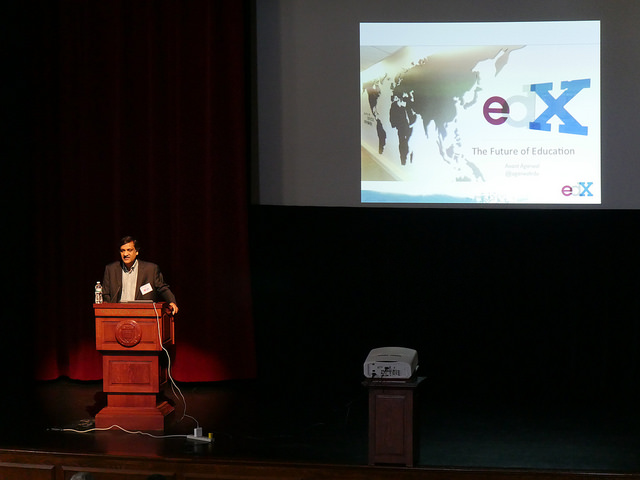
As the power of digital platforms grows, tensions between platform companies and their users are increasingly making headlines. Prominent content creators have been “deplatformed” for spreading misinformation and hate speech. Uber and Lyft drivers frequently organize to resist exploitative policies.
These and other controversies are rooted in the fact that every platform company has to balance its own interests with the interests of its varied users. This is often called the problem of “platform governance,” or how platforms control the terms of users’ participation.
Existing studies of platform governance emphasize how platforms’ rules are set, implemented, and enforced. One strand of research emphasizes the role of algorithms and digital interfaces, which dictate how users interact with content and with each other. Another focuses on the human labor involved in implementing policies pertaining to user-generated content.
Continue Reading…
